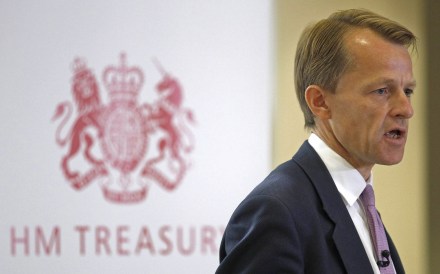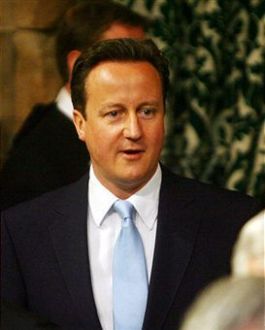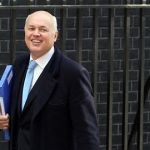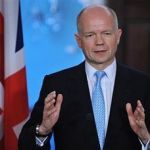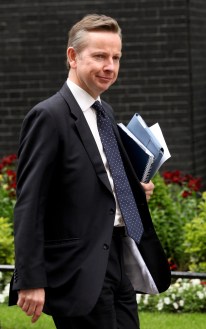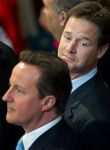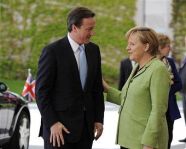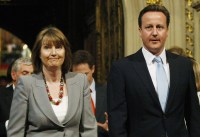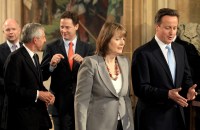Laws unto himself
Wondering why David Laws put in such a convincing performance when defending the government’s cuts at the dispatch box on Wednesday? This little detail from Allegra Stratton’s excellent profile of him might help explain: “A friend confirmed that for the past six months, as the official Lib Dem party line decided on by Vince Cable was no cuts, Laws had been telling friends he believed the markets wouldn’t tolerate it. ‘He has been saying privately the cuts have to start straight after the election,’ they said.”
